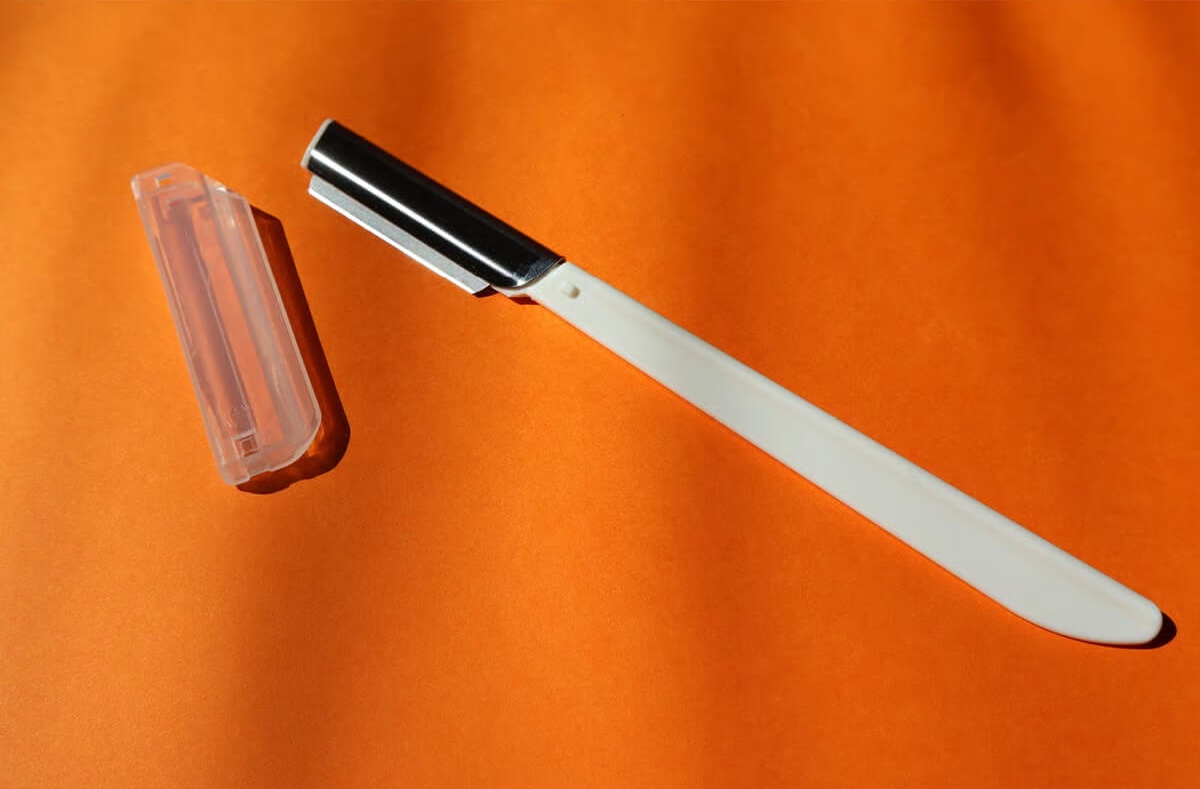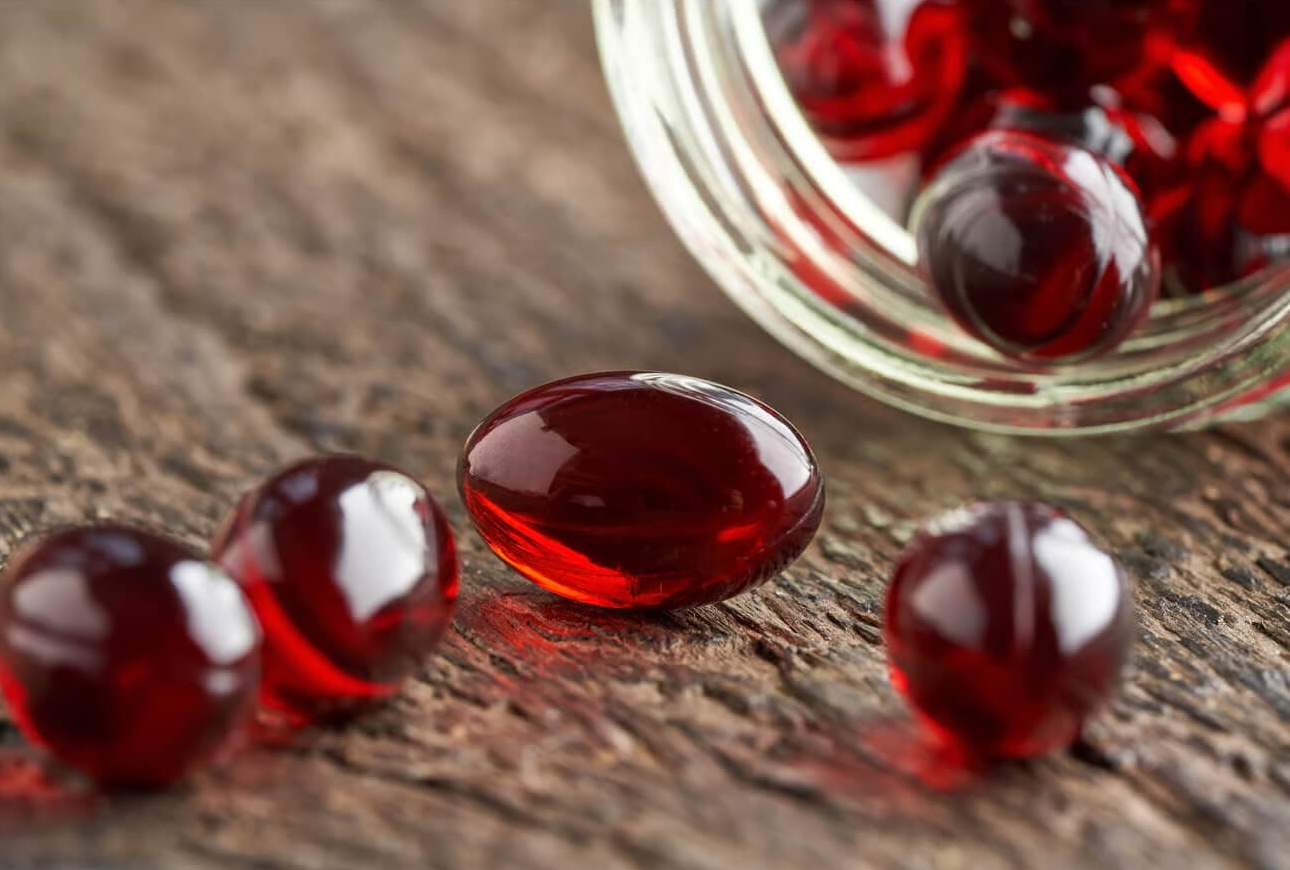What Great Sleepers Know (That Poor Sleepers Don't)
What if the secret to better sleep isn’t melatonin, but your temperature?

“I don’t sleep well….”
I’ve heard this from countless women struggling with sleep as they age. They’ve tried everything from melatonin, chamomile tea, to strict screen-time curfews, yet that deep 8-hour sleep still feels (no pun intended) like a distant dream.
The problem may lie inside your sleep routine. It could be the temperature, both of the air in your bedroom and of your body.
The Temperature of the Room and Body
Temperature can make or break your sleep efficiency. But what exactly is sleep efficiency? Simply put, sleep efficiency measures how much time in bed you spend actually asleep.
For example, say you go to bed at 10 PM and get up at 6 AM (8 hours in bed). But you spend the first hour tossing and turning and get up at 3 AM to pee and can’t fall back asleep for another 30 minutes.
Out of those 8 hours, you were asleep for 6.5. This puts your sleep efficiency score at 81%.

Research shows that people’s sleep efficiency is best when their bedrooms are between 68-77 °F (that’s 20-25 °C for our non-American readers). But push that thermostat to 86 °F, and sleep efficiency drops by 5-10%.
Why? Because room temperature either supports or sabotages your body’s natural cooling process.
- Zoom In: Each night, your core temperature drops to conserve energy and help the brain clear out metabolic waste. If the room is too warm, that cooling becomes harder, and sleep suffers.
How Menopause Impacts Sleep
This body cooling process is already delicate. Unfortunately, menopause throws a wrench into the whole system. As estrogen levels drop, your internal thermostat goes from reliable to unpredictable.
Estrogen helps regulate your hypothalamus (your body's temperature control center), so with less of it, your body becomes hypersensitive to temperature changes and struggles to maintain that steady cooling you need for quality sleep.
The result? Those dreaded 2 AM hot flashes, where you wake up drenched in sweat or feeling like a nuclear reaction is occurring in your core. (I never had the drenching part but I did have the nuclear reaction experience. Not fun.)
How to Improve Your Sleep
How to harness temperature to your sleep advantage:
- Shower Before Bed. Though this sounds counterintuitive, take a warm 10-minute shower (ideally 104-108.5°F) 1-2 hours before bed. A 2019 meta-analysis found it shortened sleep onset latency (the time it takes to fall asleep) and improved sleep efficiency.
- Keep Hands and Feet Warm. Warming your extremities creates heat exit pathways that help your core body temperature drop. Use a heating pad, layered bedding, or wear socks. A small 2018 study found that wearing bed socks increased total sleep time by 32 minutes.
- Set Room Between 68-77 °F. Think gentle, cool, not misery! If you sleep cold and resent me in the morning, we have missed the point. I sleep at 67 degrees and absolutely love it, and my husband has gotten used to it :-)
These strategies work well and cost almost nothing. But if you're ready to take your sleep seriously, especially if you're dealing with menopause hot flashes, there's new technology that can make a world of difference.


